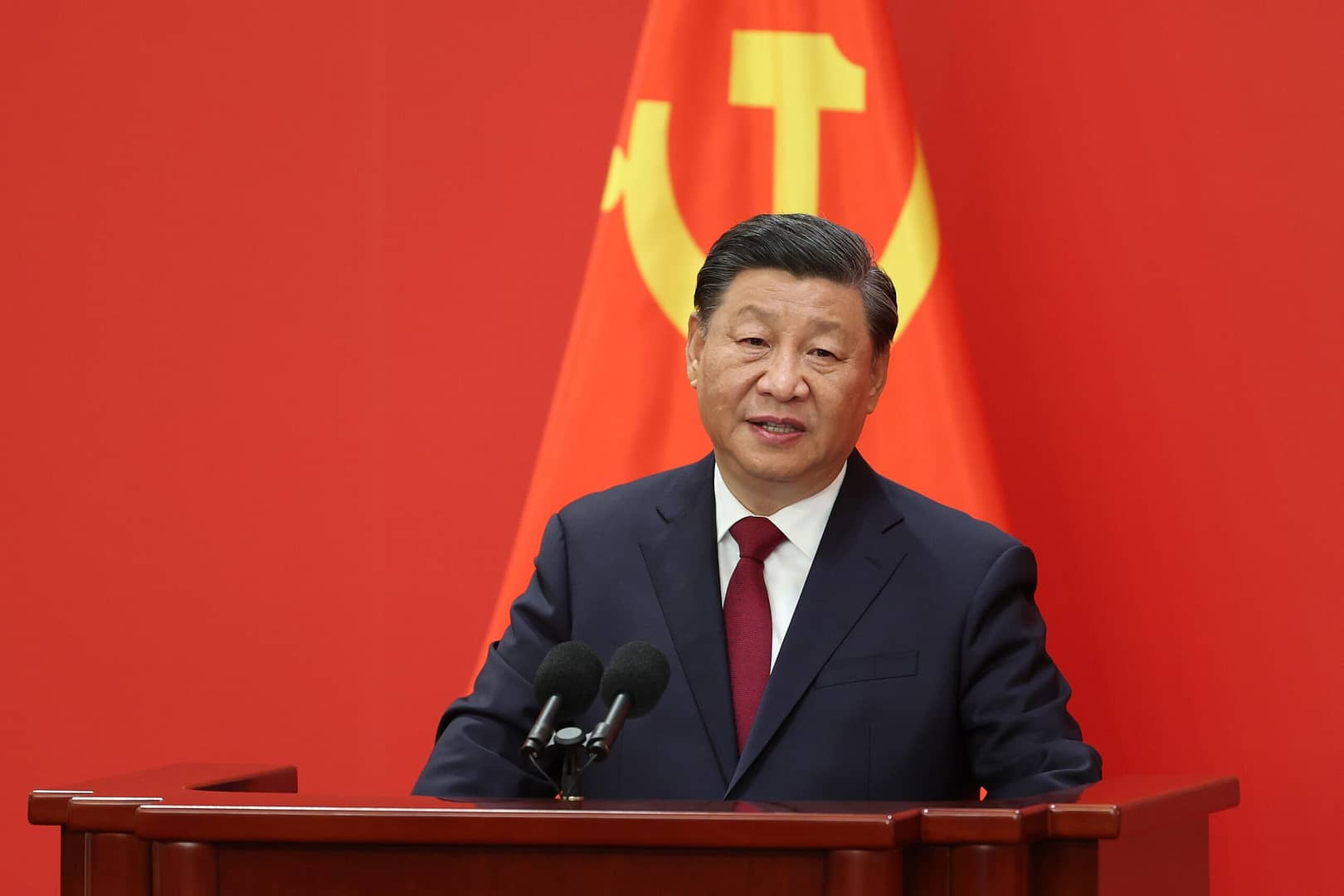Early Life and Education
Political Rise
Xi’s political journey began in earnest in the 1980s. Over the years, he held key roles across various provinces including Fujian and Zhejiang, and later served as Party Secretary of Shanghai. Known for his low-key yet disciplined style, he steadily climbed the ranks. In 2012, Xi became General Secretary of the Communist Party and, in 2013, President of China.
Leadership and Ideology
Xi Jinping is known for consolidating power and centralizing authority in the Communist Party. He has emphasized “Socialism with Chinese Characteristics for a New Era,” a doctrine that highlights party supremacy, national rejuvenation, and state-led economic management. Under his leadership, the two-term limit for the presidency was abolished, allowing him to potentially serve indefinitely.
Domestic Policies
Domestically, Xi launched significant campaigns such as:
- Anti-Corruption Drive – Resulted in the discipline or prosecution of thousands of officials at all levels.
- Poverty Eradication – Xi declared victory in lifting nearly 100 million people out of poverty by 2020.
- Common Prosperity Agenda – Aiming to reduce income inequality and regulate large tech firms.
- Tech and Surveillance – Expansion of the digital surveillance state, censorship, and internet control.
Foreign Policy and Global Ambitions
Under Xi, China has expanded its global presence through initiatives like the Belt and Road Initiative (BRI), a trillion-dollar infrastructure project across Asia, Africa, and Europe. He has taken a firm stance in regional disputes in the South China Sea, and on issues involving Taiwan, Hong Kong, and U.S.-China relations.
Xi’s China is more assertive in international institutions and has formed strong strategic ties with countries such as Russia, Pakistan, and Iran.
Public Image and Legacy
Xi promotes a strong nationalist image and is portrayed in Chinese state media as a decisive, fatherly figure leading China toward global prominence. Critics, however, view him as authoritarian, citing human rights concerns in Xinjiang and Tibet, and his suppression of dissent in Hong Kong.
Conclusion
Xi Jinping has reshaped modern China more profoundly than any leader since Mao Zedong. His policies have made China stronger economically and politically, but also more controversial globally. As China’s influence continues to grow, so too will the debate over Xi’s legacy and vision for the future.
Sources and Further Reading

